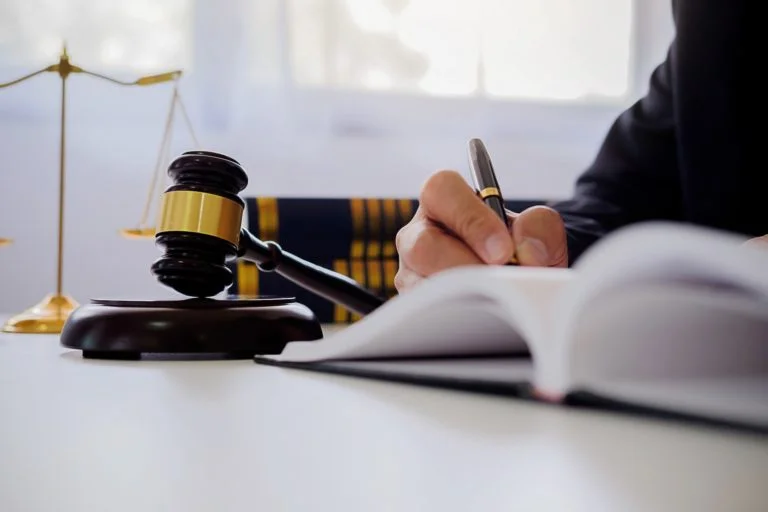Experiencing a personal injury can be a traumatic and overwhelming experience. In the aftermath of such an incident, it’s crucial to take immediate steps to protect your health, well-being, and legal rights. At Colin Sharman Personal Injury Law Firm, we understand the challenges you may face, and we’re here to guide you through the process of seeking justice and compensation for your injuries.
- Seek Medical Attention: Your health and safety should be your top priority. Even if your injuries seem minor, it’s essential to seek medical attention promptly. Delaying medical treatment can exacerbate injuries and weaken your potential personal injury claim. Keep detailed records of all medical treatments, including doctor visits, diagnostic tests, medications, and rehabilitation therapy.
- Report the Incident: If your injury occurred in a public place, at work, or in a motor vehicle accident, report the incident to the appropriate authorities as soon as possible. Documenting the details of the accident can help establish liability and strengthen your case. Obtain a copy of the accident report for your records.
- Document Evidence: Take photographs of the accident scene, including any hazardous conditions, property damage, and visible injuries. Collect contact information from eyewitnesses who may have observed the incident. Preserve any physical evidence, such as torn clothing or damaged belongings, that may support your claim.
- Notify Your Insurance Company: If your injury involves a motor vehicle accident, notify your insurance company promptly. Provide them with accurate and factual information about the accident, but avoid admitting fault or making statements that could be used against you later. Consult with a personal injury attorney before providing any recorded statements or signing documents from insurance adjusters.
- Keep Records: Maintain organized records of all expenses related to your injury, including medical bills, prescription receipts, transportation costs, and lost wages due to time off work. These documents serve as evidence of your damages and can help your attorney calculate the full extent of your losses.
- Consult with a Personal Injury Attorney: Seeking guidance from a skilled personal injury attorney is essential to protect your legal rights and pursue fair compensation for your injuries. An experienced attorney can assess the merits of your case, advise you on the best course of action, and handle negotiations with insurance companies on your behalf.
- Avoid Discussing Your Case Publicly: Refrain from discussing the details of your case on social media or with anyone other than your attorney. Statements made publicly or shared online can be misconstrued or used against you by opposing parties during litigation.
- Follow Your Doctor’s Orders: Attend all scheduled medical appointments and follow your healthcare provider’s treatment plan diligently. Failure to comply with medical recommendations could jeopardize your recovery and weaken your personal injury claim.
Navigating the aftermath of a personal injury requires diligence, patience, and expert legal guidance. At Colin Sharman Personal Injury Law Firm, we’re committed to helping you navigate this challenging time with confidence and compassion. Contact us today for a free accident related resources to discuss your case and learn how we can help you seek the justice and compensation you deserve.

